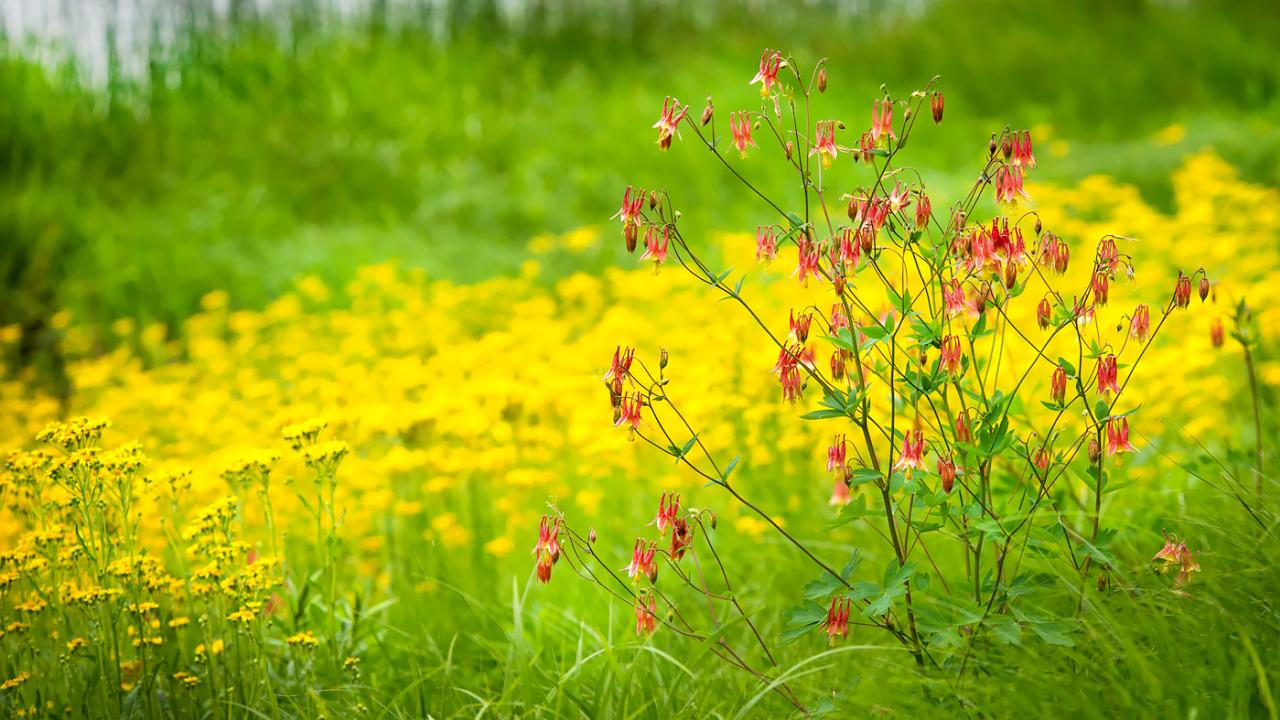

Plant Science &
Conservation
Garden Stories
We Need Native Seeds and Plant Scientists
Plants give us some amazing gifts: food, shelter, many medicines, even the air we breathe. And they do the same for the world’s wildlife. Indeed, all life depends on plants.
The United Nations recently named the next ten years the UN Decade on Ecosystem Restoration, stressing that now is the time to focus on rebuilding, revitalizing, and restoring degraded lands around the world if we want a habitable planet in the future. But ecosystem restoration is complex. It requires both a large amount of seeds from plants native to the area being restored and scientists, specifically botanists, who understand how to grow, establish, and conserve plants. We cannot successfully restore resilient habitats without botanists.
Scientists at the Chicago Botanic Garden are at the forefront in understanding the threats to native plants—and the consequences of their decline. The Chicago Botanic Garden advocates for plants on many fronts.
Recently, the Chicago Botanic Garden worked closely with lead sponsor Congressman Mike Quigley (D-Ill.), along with Congressman Francis Rooney (R-Fla.), on introducing bill HR 1572, which has 35 members of Congress signed on as co-sponsors, with more signing on every day. The Botanical Sciences and Native Plant Materials Research, Restoration and Promotion Act, or “The Botany Bill” for short, will boost the capacity of the federal government to support restoration and stewardship of our public lands, addressing the most pressing needs our native landscapes face.
This multifaceted bill focuses on supporting three important elements:
- More Plant Research: Botanical research, including research related to the National Seed Strategy, ensures we will have the right seed in the right place at the right time for restoration efforts. There are a number of seed banks throughout the world, including the Dixon National Tallgrass Prairie Seed Bank at the Chicago Botanic Garden, that do the critical work of preserving native seeds so they are available to restore and rehabilitate lands after fires and floods.
- More Botanists: Scientists specializing in botany are crucial in the fight to protect plants, natural areas, and by extension, the wildlife that plants support. The bill proposes hiring additional botanists in federal agencies and establishing a student loan repayment program for students majoring in plant science. The capacity to develop and train more plant scientists will greatly increase, at a time when they’re seriously needed.
- More Native Plant Use: Native plants are essential for wildlife and are adapted to survive in their local soils and climates. We need to create a more reliable demand for native seed and plants. A preference policy for the use of native plants on many federal lands will increase the need for these plant materials.
The successful passage of this bill will institute policy that protects the future of native landscapes and create the pathway for getting more students trained in botany and into conservation work. The Chicago Botanic Garden is proud to have provided guidance informing the development of this bill, because the future of our planet depends on plants, on resilient landscapes, and on botanists.
Please consider asking your representative to support HR1572 and watch for a companion bill in the Senate to be introduced soon. You can check to see if your representative has signed on here. For more information, visit: https://botanybill.weebly.com/

